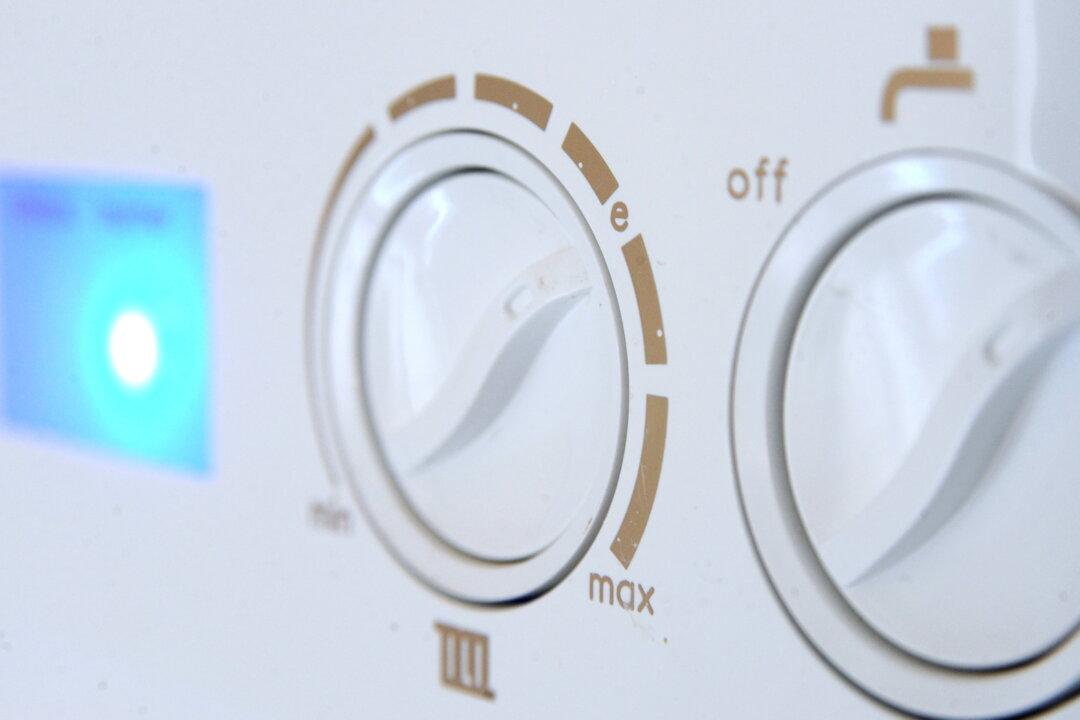A report by the UK’s consumer protection regulator has found some businesses in the green heating and insulation sector are engaged in “concerning” practices that may mislead consumers into thinking products are more environmentally friendly or “greener” than they are.
On Wednesday, the Competition and Markets Authority (CMA) said that it found that businesses in the sector, particularly those offering heat pumps or solar products, commonly make claims about their products’ cost-saving, environmental, and/or energy efficiency benefits.





